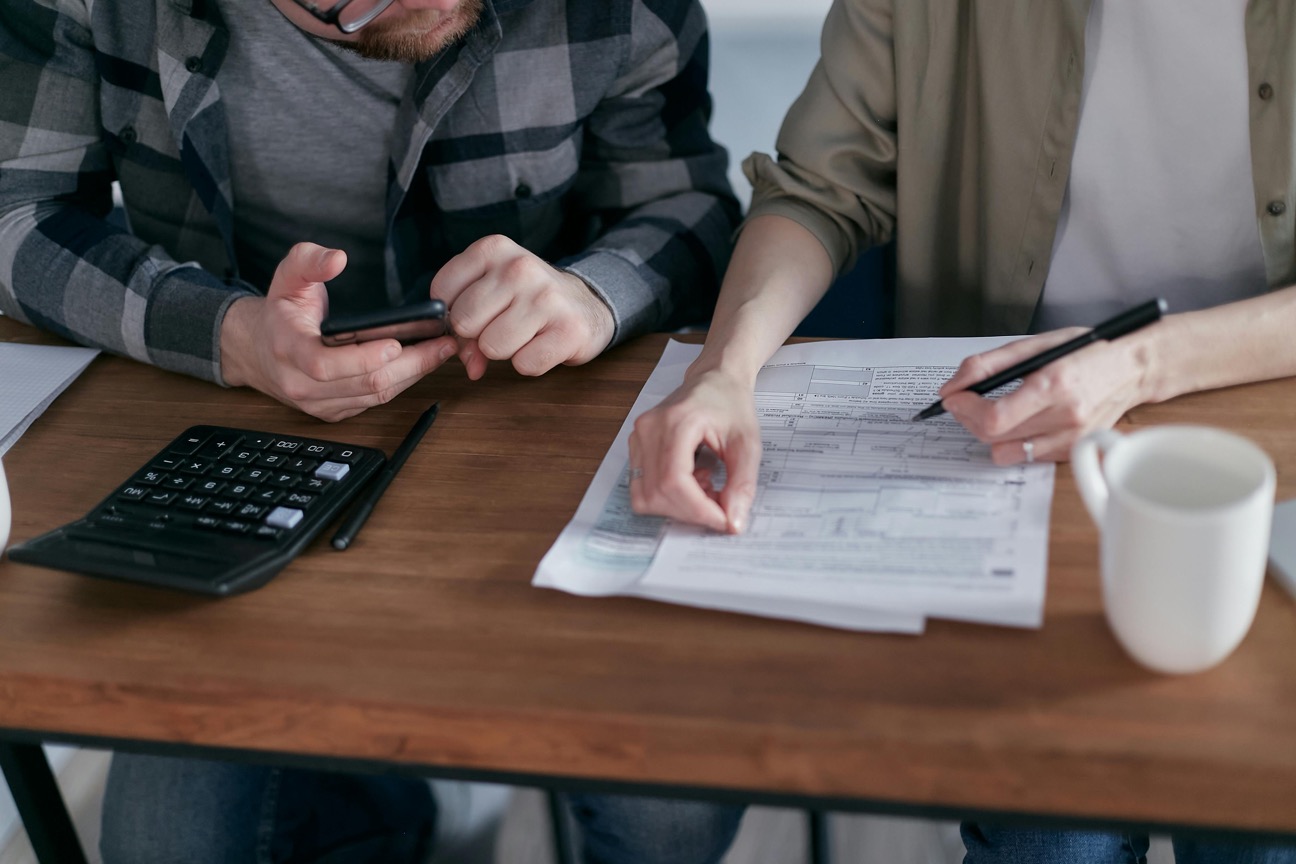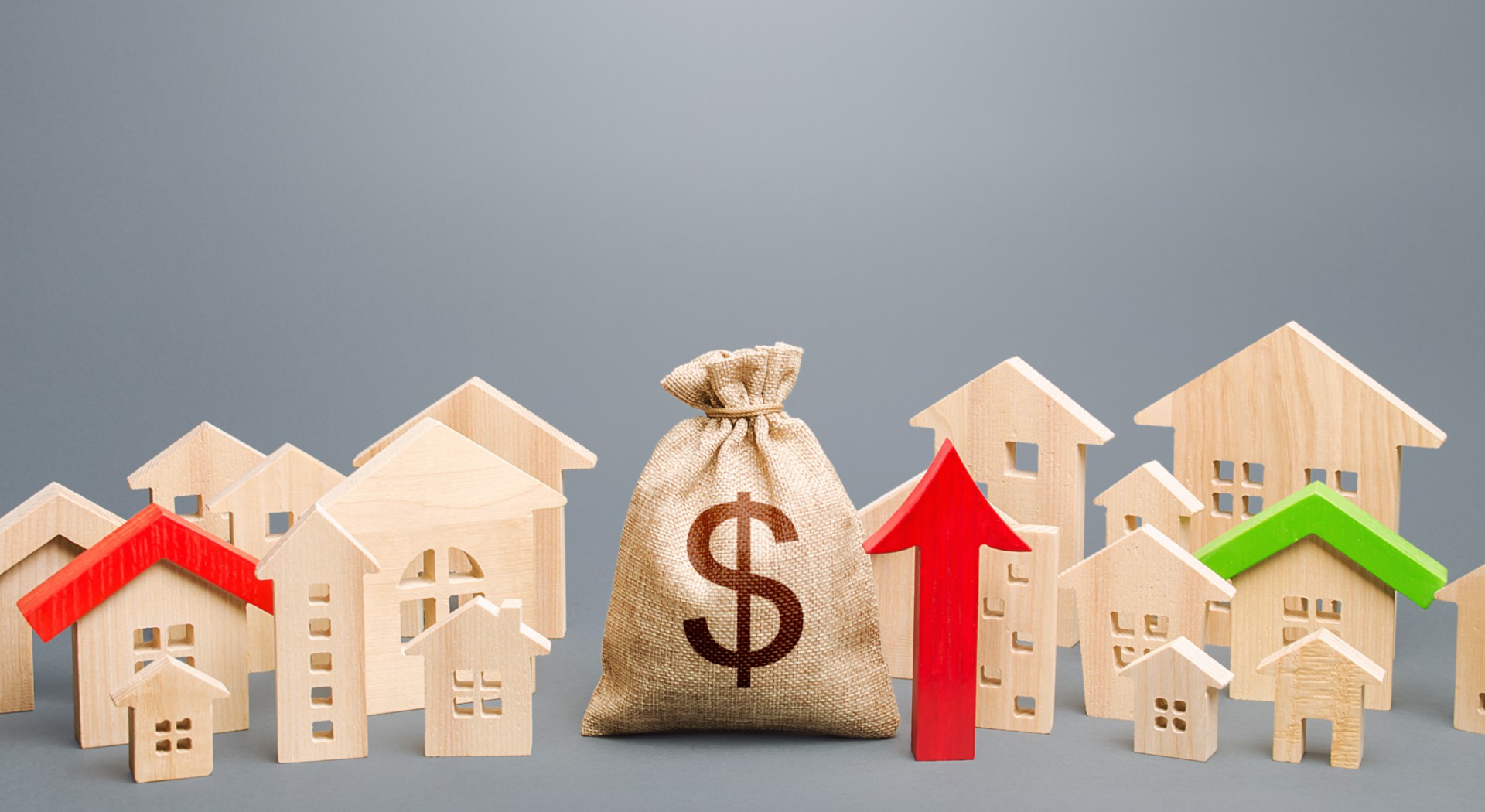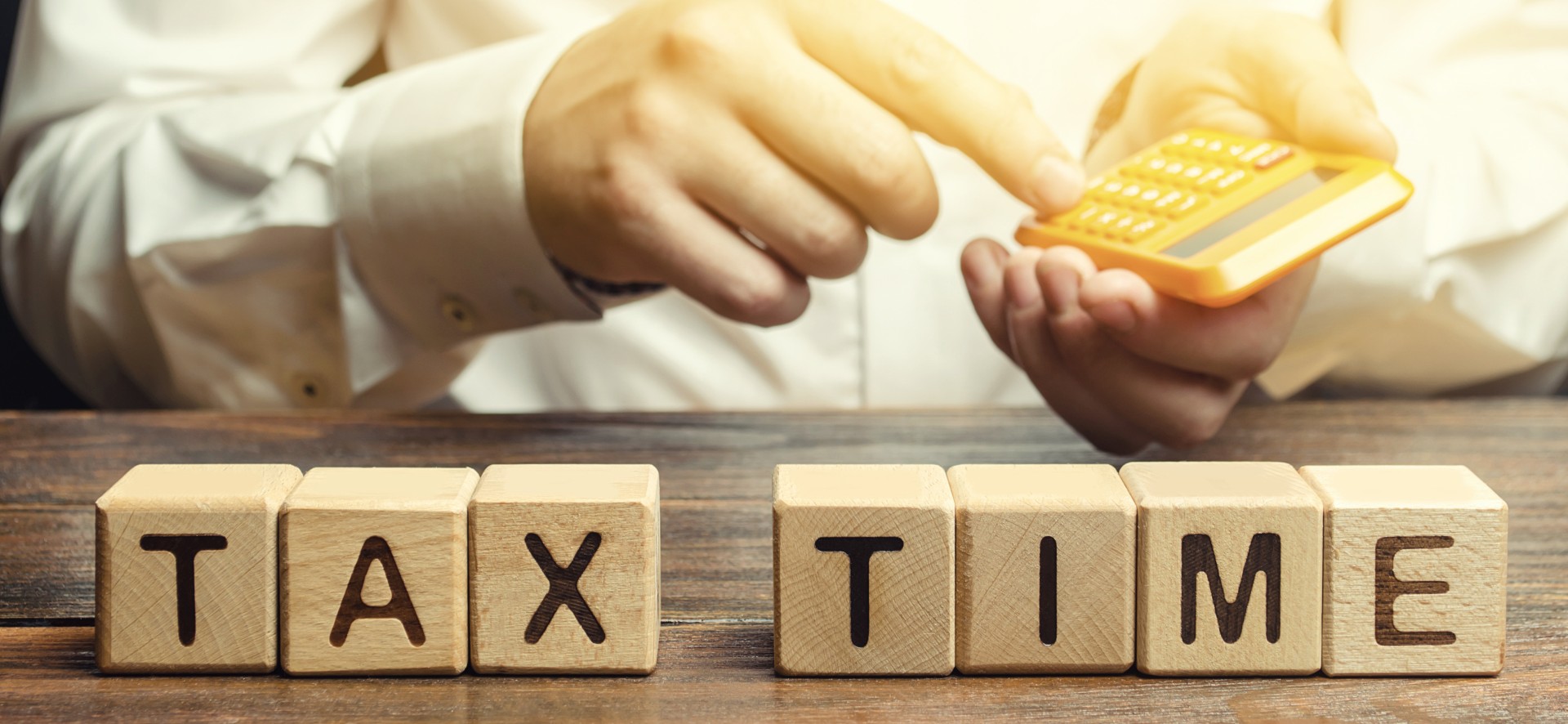September 15th 2025
 The Money Machine Seminar outlines a pretty simple program, which if followed, will assure you of a retirement one day that involves both amassed wealth and a substantial cash flow of passive income. And as you travel along on this journey to prosperity, you will experience several distinct phases.
The Money Machine Seminar outlines a pretty simple program, which if followed, will assure you of a retirement one day that involves both amassed wealth and a substantial cash flow of passive income. And as you travel along on this journey to prosperity, you will experience several distinct phases.
The first is the acquisitions phase. This is the foundation. It is where you are purchasing the properties that will one day generate your retirement income. And as we’ve seen, the first property you acquire is the toughest. You are starting from scratch. Sacrificing. Saving for a down payment. Building your credit. And as we’ve said, as you go along it gets easier. Your wealth builds. You gain experience. You have the opportunity to take out equity to finance future purchases. It’s an exciting time. The goal in the Money Machine is to buy 10 properties. But many of you will far exceed that.
 Next comes the debt reduction phase with the ultimate goal of paying all mortgages and credit lines down to zero. Now this phase really comes into its own once you stop purchasing properties. Up until that point, you are adding to your overall debt load with every new property purchased and each new mortgage placed. But in reality, this phase begins at the end of the very first month after you make your first purchase. Because with every mortgage payment you make, you are paying down some of that mortgage.
Next comes the debt reduction phase with the ultimate goal of paying all mortgages and credit lines down to zero. Now this phase really comes into its own once you stop purchasing properties. Up until that point, you are adding to your overall debt load with every new property purchased and each new mortgage placed. But in reality, this phase begins at the end of the very first month after you make your first purchase. Because with every mortgage payment you make, you are paying down some of that mortgage.
The thing is, however, that while phase one gets progressively easier, phase two gets progressively more difficult. Not in managing your monthly payments. No, by increasing the size of your portfolio, you are spreading the risk should a default or vacancy occur. You won’t have a more difficult time managing your payments. And with multiple properties and multiple payments, you will actually be paying off considerably more debt as you move along. And that is the inherent problem. Every cent of that debt reduction contributes to your net worth. But at the same time, every cent of debt reduction is deemed to be profit. You don’t see the money, the bank does. But as far as Revenue Canada is concerned it's profit and subject to tax. We’ve looked at

this in the past. It can be a very serious problem. Part can be offset by depreciation. But you’ll need to dig deep to shell out to the Feds, especially in the days when you are getting close to having your first property paid off, but it hasn’t happened yet.
Once the first property is paid off, you have one less mortgage to face and more disposable income to apply to your tax burden. And as one by one the mortgages get paid off, it gets easier and easier. Taxes, while always a reality, become less and less of a problem relatively speaking. You actually have cash left over at the end of each month, even while a few mortgages are still in play.
And next comes the prosperity phase. This is what you have been striving for all along. The properties are all paid off. No more debt to service and discharge. Lots of passive income coming in every month, and apart from operating expenses and repair and maintenance, the money is yours to enjoy.
 And actually, this phase can often be divided into two phases. The first occurs in the event you elect to continue working even after all your investment properties are paid off. You don’t need the passive income to live. You still have your salary. This surplus money can be used in any number of ways. You may want to roll it back into your properties by way of upgrades. You may want to use it to buy another property and fast-track paying off the mortgage.
And actually, this phase can often be divided into two phases. The first occurs in the event you elect to continue working even after all your investment properties are paid off. You don’t need the passive income to live. You still have your salary. This surplus money can be used in any number of ways. You may want to roll it back into your properties by way of upgrades. You may want to use it to buy another property and fast-track paying off the mortgage.
But eventually, you will elect to retire. Manage your portfolio and enjoy the income stream. In fact, with the properties all paid off, you may even choose to hire property management services to handle the day-to-day, so you’ll be free to travel without the intrusions of tenant issues.
There is one other phase we need to talk about, however. Disposition. If you’ve taken my Money Machine seminar, you’ll remember I admonish you to ‘never sell’. Well, I need to qualify that. One day we’ll all pass from this scene, and as you know, you can’t take it with you.
Upon one’s passing, depending on how they hold title to their property, it will either revert to the surviving spouse or to their estate. Either way, it is known as a ‘deemed disposition’ and taxes will be due. On the other hand, as you age and perhaps find you don’t really need all the surplus cash, you may wish to dispose of some of your property by transferring ownership to your children. In this way, you will be giving them time to acclimatize to ownership and the responsibility of being a landlord, while you can give them the guidance of your knowledge and expertise. Or lastly, and least preferable, you may choose to cash in your chips, sell off your portfolio, pay the tax man and sail off into the sunset with a pocket full of cash.
We’ll explore some of these options in our next newsletter.